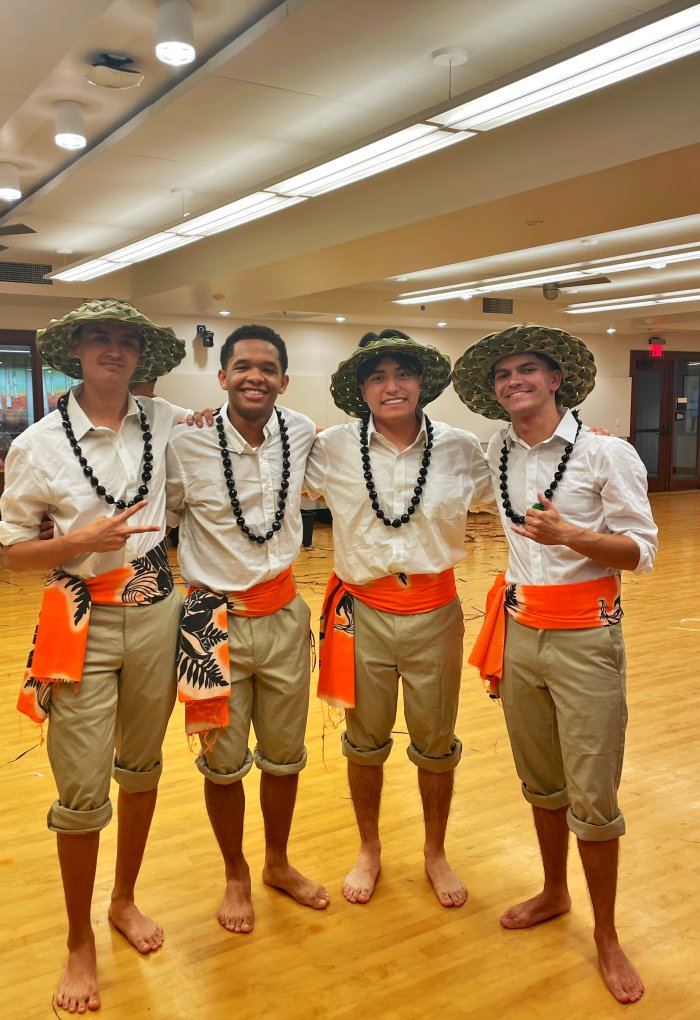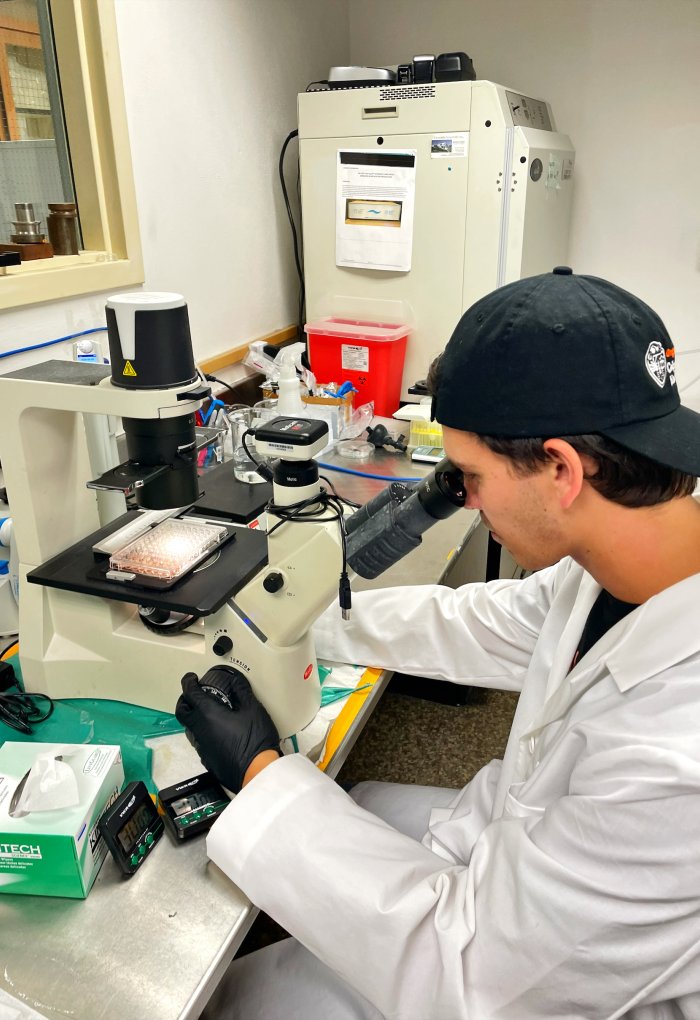Every summer, Oregon State’s Summer Undergraduate Research Experience (SURE) in the College of Science empowers students to turn curiosity into discovery, and in many cases, personal experiences into purpose. Backed by funding that allows them to fully immerse in research, students step into labs across campus to pursue projects that shape their future. From cancer biology to nutrition science, their journeys are defined by mentorship, resilience and the chance to see themselves as scientists.
“SURE gave me the chance to fully commit to the lab and prove to myself that I could do difficult things."
For Matthew Hines, it meant finding his confidence as a researcher.
A year ago, Hines couldn’t see himself doing research. A BioHealth Sciences and BioResource Research double major from Tualatin, Oregon, Hines envisioned a career in healthcare but doubted he had the skills or confidence to thrive in a lab.
That changed thanks to the STEM Leaders Program and SURE. The STEM Leaders Program helped Hines connect with Bo Sun, a professor in the Department of Physics, while SURE allowed him to fully devote his summer to research.
“SURE gave me the chance to fully commit to the lab and prove to myself that I could do difficult things,” Hines said.






